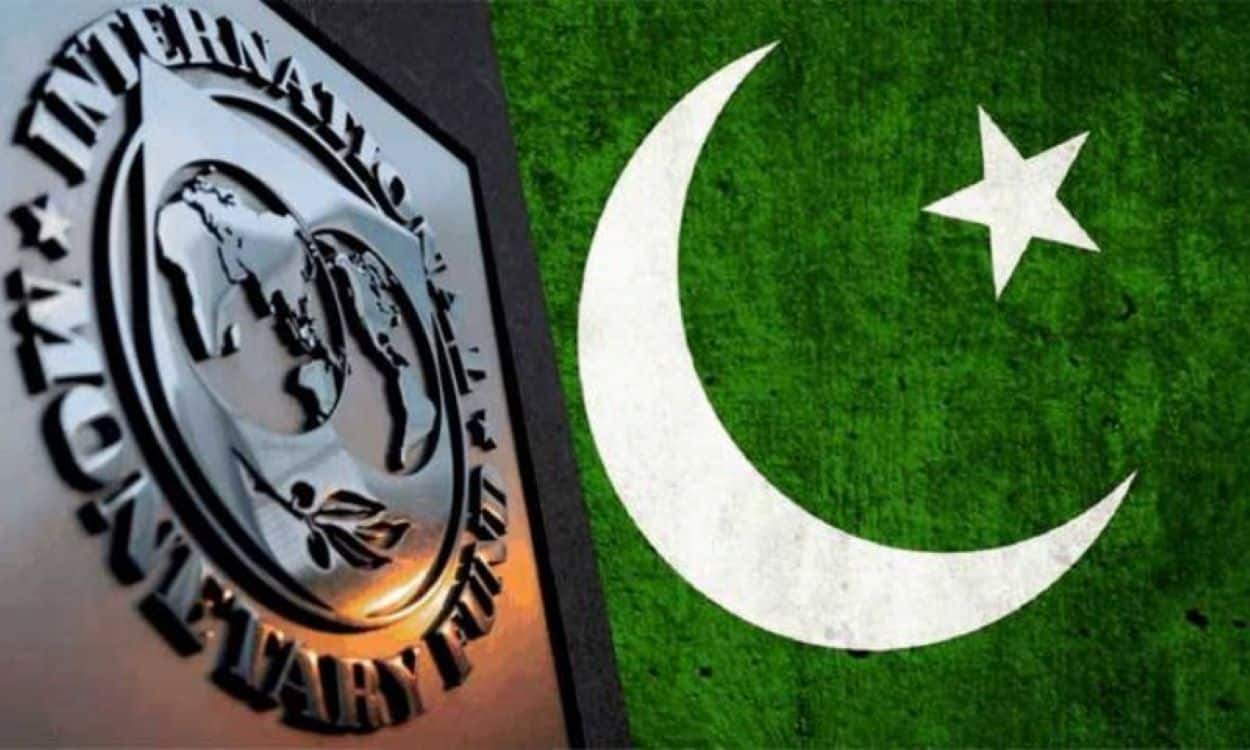The International Monetary Fund (IMF) concluded a 10-day mission to Pakistan without finalising discussions on the fiscal year 2026 (FY2026) budget. Nathan Porter, outgoing IMF Mission Chief, announced that talks would continue in the coming days to bridge gaps and agree on the budget.
The IMF mission, held partly in Türkiye due to India-Pakistan tensions and later in Islamabad from May 19, centred on:
- Revenue Enhancement: Improving tax compliance and expanding the tax base.
- Fiscal Consolidation: Achieving a primary budget surplus of 1.6% of GDP, equivalent to approximately Rs2.1 trillion.
- Priority Expenditures: Safeguarding social spending while optimising budget allocations.
Despite a shared goal of fiscal discipline, disagreements persist over tax targets, revenue measures, and relief for sectors like the salaried class and real estate.
Pakistani government sources highlighted unresolved issues:
- Taxation Gaps: No agreement on FY2026 tax targets or specific revenue measures.
- Salaried Class Relief: Prime Minister Shehbaz Sharif rejected the Federal Board of Revenue’s (FBR) proposed relief as insufficient and pushed for more support. The IMF suggested taxing high-end pensions to fund this relief, a move deemed politically challenging.
- Real Estate Sector: The government seeks to reduce transaction taxes, which conflict with IMF policies, though the IMF agreed to abolish the federal excise duty.
- Pension Taxation: Proposals to tax high-income pensioners face resistance due to political sensitivities.
The IMF’s push for broader taxation clashes with Pakistan’s political realities, particularly on pensions and real estate. Balancing fiscal goals with public sentiment is a delicate task.
The talks also addressed Pakistan’s energy sector, aiming to improve financial viability and reduce costs. The IMF approved Rs1.04 trillion in power subsidies, rejecting a higher allocation proposed by Pakistan’s Power Division. Porter emphasised maintaining a tight monetary policy to keep inflation within the central bank’s 5–7% target and rebuilding foreign exchange reserves to enhance economic resilience.
Pakistan’s poor credit rating continues to limit access to foreign loans, complicating its IMF-supported Extended Fund Facility (EFF) and Resilience and Sustainability Facility (RSF) programs.
The IMF will prepare a preliminary report for its Executive Board, pending management approval. Further discussions are expected in the second half of 2025. The Pakistani government has delayed the FY2026 budget announcement to June 10, reflecting ongoing challenges in aligning with the IMF conditions.
For updates on Pakistan’s economic reforms, consult trusted sources such as the IMF and the Pakistani Ministry of Finance.






